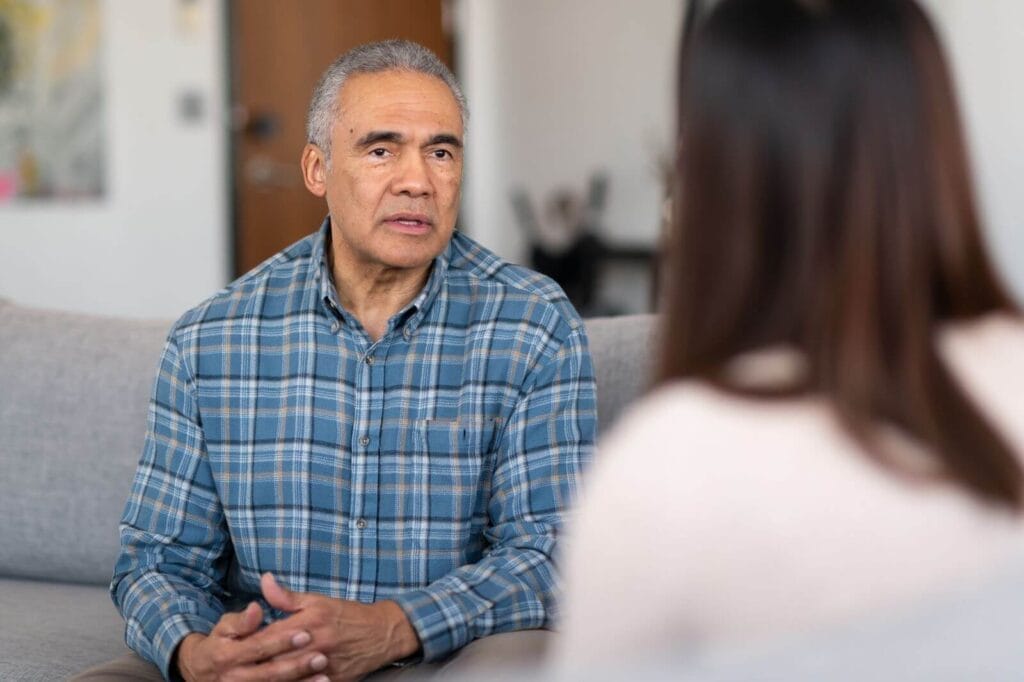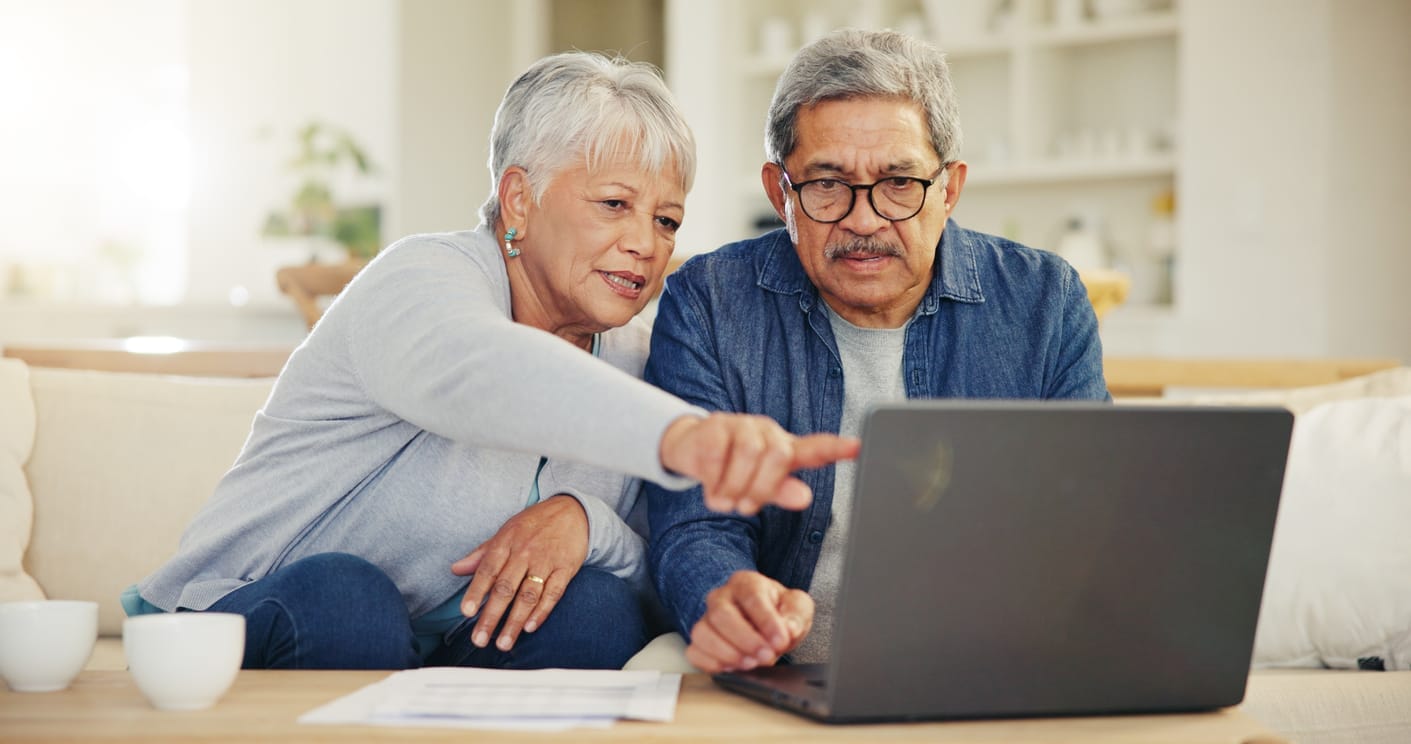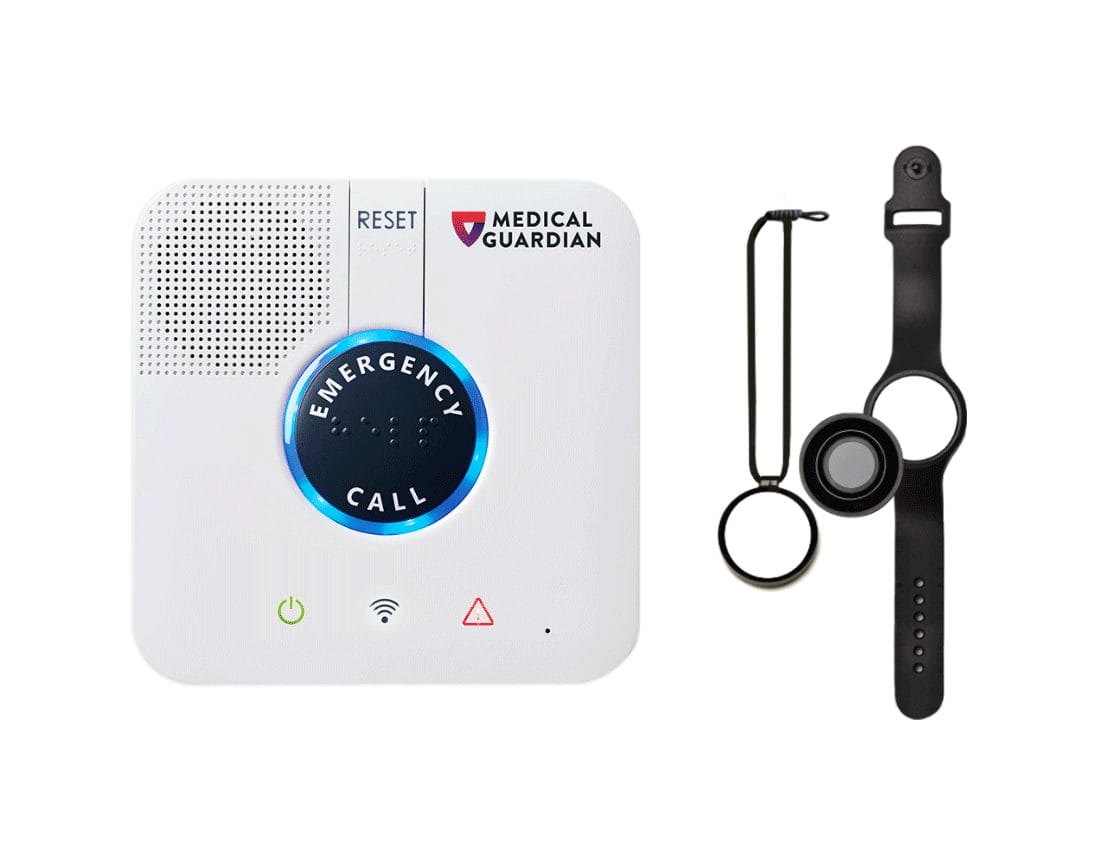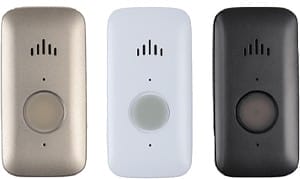
Mental health issues affect almost half of all military Veterans, making access to mental health services a true necessity. Senior Veterans are not excluded from those who face mental health challenges, as they also contend with issues that can come with the aging process. The Department of Veterans Affairs (VA) offers mental health services to support Veterans’ mental health, serving 1.7 million Veterans in 2023. Here, we’ll describe some of the common mental health issues that senior Veterans face, some of VA’s helpful programs, and how to get started.
Common senior Veteran mental health challenges
The majority of people experience mental health challenges at some point in their lives. However, senior Veterans’ mental health crises can look a bit different. Some common mental health challenges among senior Veterans can include but are not limited to:
- Depression.
- Anxiety.
- Grief.
- Post-traumatic stress disorder, or PTSD.
- Effects of exposure to hazardous materials.
- Substance use disorder.
- Suicide.
Although many Veterans experience the aforementioned mental health challenges, senior Veterans can experience them on a different level. The impact of their service-related mental health challenges can be exacerbated by the physical and cognitive changes that come with aging. Even when receiving help from home care services or moving to a senior living community, past experience with military-related situations can significantly alter mental health and day-to-day functioning.
Considering all the factors that affect the mental health of senior Veterans, VA has developed mental health services to help those who may face the emotional challenges of aging and of having served in the military. Below are some mental health resources offered by VA.
VA mental health services
VA provides mental health services for a variety of psychological needs that Veterans may have. There are opportunities through peer support, individual and group counseling, therapy, medication, or a combination to assist Veterans with addressing their mental health challenges and enabling them to improve their quality of life. Veterans may be able to use some services even if they’re not enrolled in VA health care.
In addition to the traditional services mentioned above, VA offers various virtual tools and services to supplement the Veteran’s mental health care plan or to provide alternatives to those who may not be able to access help in person. Below, we discuss some of the other resources available to Veterans struggling with mental health challenges.
Veteran Training online self-help portal
If the senior Veteran can utilize online services, the Veteran Training online self-help portal is an excellent resource for improving mental health. Self-help can be a great way to boost mood and self-esteem and give purpose. The portal provides easy access to helpful information and can be utilized from the comfort of home.
The VA Veteran Training website offers a variety of useful programs, including courses on the following:
- Sleep issues.
- Anger management.
- Problem-solving skills.
- Moving forward.
- Recovery plans.
These self-help courses can greatly improve the Veteran’s overall well-being. Veterans of any age can utilize this service.
VA telehealth for mental health services
Telehealth is an innovative strategy that can reach seniors wherever and whenever needed. VA offers telehealth services for senior Veterans who need quick access to mental health services from the comfort of their homes.
Veterans can access high-quality mental health care from any location, including home, the clinic, or the hospital. You will meet virtually with your VA provider and connect with specialists to collaborate and improve your mental health. To access these services, locate your nearest VA center and see if they offer in-network community care providers in your area.
Mental health apps for Veterans
VA has developed a variety of mental health apps designed specifically for Veterans. Some Veterans may not feel comfortable openly discussing their thoughts and feelings with a professional; therefore, mental wellness apps may be a good alternative, although it’s important to note that they cannot replace the level of care and support they would receive from a mental health professional.
Veterans mental health apps include but are not limited to the following:
- ACT (Acceptance and Commitment Therapy) Coach offers exercises, tools, and information to help Veterans “live with unpleasant thoughts, feelings, and impulses without avoiding them or being controlled by them.”
- AIMS (Anger and Irritability Management Skills) for Anger Management provides tools and information for people coping with anger issues.
- Annie for Veterans gives automated text message reminders for a Veteran’s self-care.
- Beyond MST (Military Sexual Trauma) provides tools and features to support survivors of military sexual trauma.
- CBT-i (Cognitive Behavioral Therapy for Insomnia) Coach is an app that supplements the care of someone receiving cognitive behavioral therapy for insomnia.
These apps are effective and easy to use. Simply visit the VA app store website to see all the available mental health apps.
PTSD treatment programs
Post-traumatic stress disorder (PTSD) can be a serious mental health issue. Studies have shown that older adult Veterans seek help coping with PTSD less often than other age groups due to a stigma around facing mental health challenges. Still, there are resources to help older adults coping with PTSD. Though an older adult Veteran can seek help through a therapist on their own, VA also offers PTSD treatment programs through all VA medical centers.
Most Veterans can qualify to receive treatment in a local program. The services include individual mental health assessments, medications, and individual, family, and group therapy. Veterans can also receive therapy with other Veterans who experienced similar conflicts or trauma.
The first step to getting involved with these programs is to use the VA services locator or call VA’s Health Benefits Hotline at 1-877-222-VETS (8387) to find local services.
How to get started with VA mental health services
Mental health should always be prioritized — especially for military Veterans who may experience mental health issues exacerbated by their military service. If you or a loved one is a senior Veteran and requires mental health services, the resources mentioned above can provide you with the peace of mind you deserve.
If a senior Veteran is struggling with anger, has trouble sleeping, or is readjusting to life outside the military, these VA services can be life-changing and lifesaving. From peer support groups to one-on-one counseling to online self-help tools, these resources can help improve the Veteran’s mental health, thus offering a better quality of life.
If you are interested in these services, contact your local VA medical center to discuss your mental health care needs. Please note that these services may still be available even if the senior Veteran isn’t enrolled in a VA health care plan.








